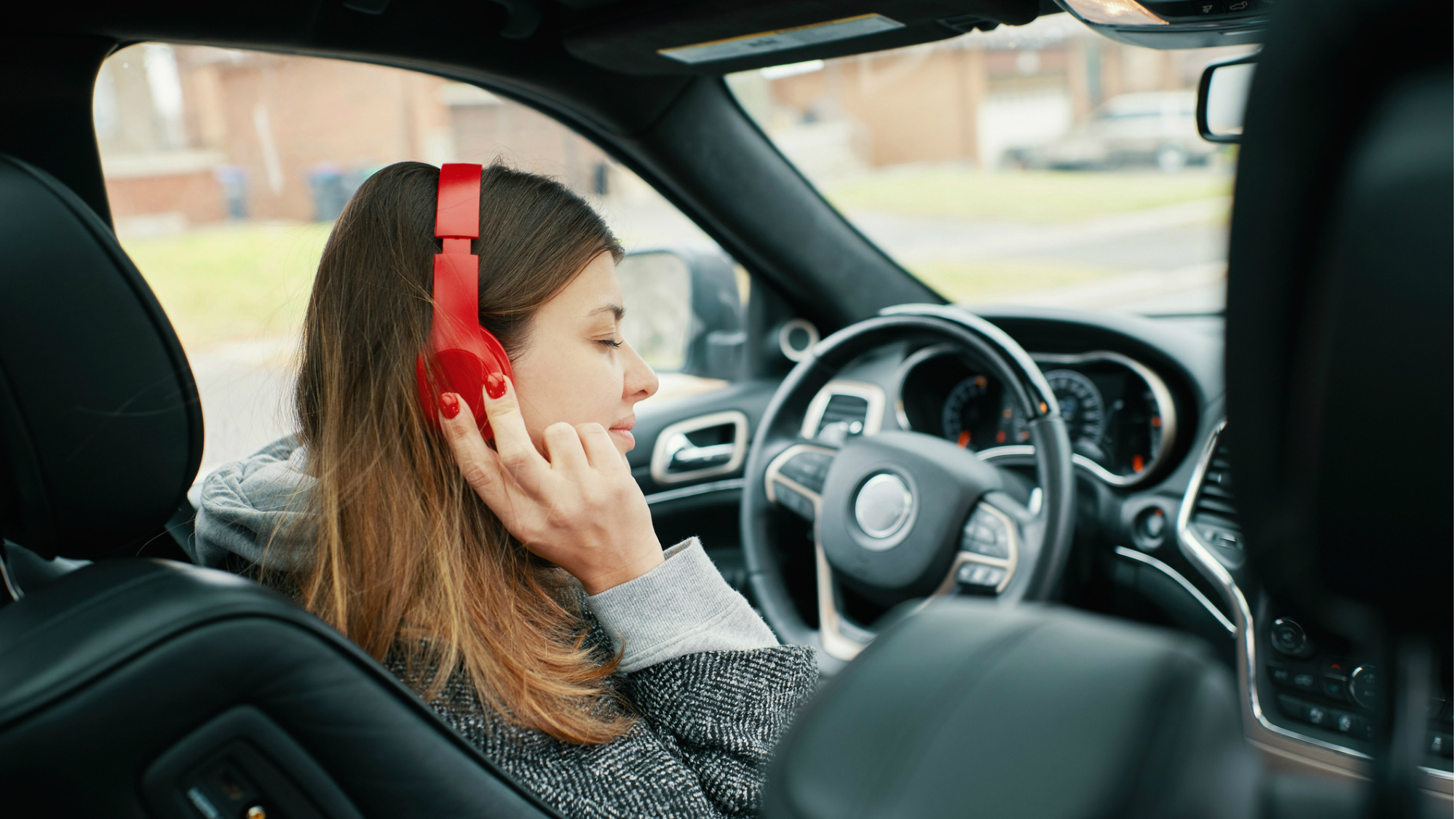Hands-free driving could be legal in the UK by next year, but are we ready?
As the government announces that driverless cars could be on our motorways by next year, we asked Erin Baker, Editorial Director at Auto-Trader, about the potential dangers of this life-changing technology

As the government announces that driverless cars could be on our motorways by next year, we asked Erin Baker, Editorial Director at Auto-Trader, about the potential dangers of this life-changing technology
How do you feel about being driven at 70mph in the slow lane of the motorway by your car, with no input required from you? Happily ready to embrace the idea, or think it sounds horribly dangerous? Welcome to the next step in our inexorable march towards a Jetsons style future of automated pods carrying mankind to their destinations: hands-free driving. This could be a reality as early as spring next year, following a Government consultation on new autonomous technology, which was announced this week.
Most of us are already driving cars with some degree of automation: active cruise control (the car maintains a set distance from the car in front by controlling the braking and acceleration, up to your set speed) and lane-departure warning systems (the car will steer you back into lane if you cross the white markings without indicating) are both examples of autonomous technology and exist either as standard or an option on the majority of new models out there.
If you currently drive a Tesla, or Volvo, you may have experienced Auto Pilot, or Pilot Assist, which combines all the above functions to essentially drive the car for you, with the crucial caveat that you have your hands on the steering wheel at all times.
The new proposals take all that technology a step further, however, by allowing the driver to have his or her hands off the steering wheel. The car will do the driving, and will let you know when it is handing back control to you.
For many, this sounds like a brilliant evolution: the technology should save lives because it can react quicker than a human to an imminent collision, and it should ease traffic jams because there won’t be so much sudden braking due to a lapse in driver attention. It will also help when the driver is tired or distracted.
Ask yourself, however, why the technology is being rolled out on motorways first. The answer is simply because these are the UK’s safest roads statistically, with very few hazards such as pedestrians, dogs or cyclists. The self-driving tech should cope with going in a straight line alongside other vehicles all going in the same direction, with few changes of speed, and no roundabouts, traffic lights or tricky junctions. Apply the same technology in London, Manchester or Birmingham, however, and it’s doubtful the technology will cope.
Celebrity news, beauty, fashion advice, and fascinating features, delivered straight to your inbox!
In fact, what will undoubtedly unfold is a host of small collisions, which raises the major reason why hands-free driving has not become a reality much sooner (manufacturers have been capable of putting the systems into cars for years now): liability. Who will be to blame if the self-driving car crashes while in autonomous mode? The car manufacturer, software provider or driver? Will the driver argue that the car misread the situation, or that it was in the grey area of handing control back to the driver, or that rain obscured the sensors? Will insurers pay out or argue the toss?
Perhaps even more importantly, the hands-free driving technology will need to be 101 per cent fool proof, and at the moment it isn’t. As a car reviewer, I’ve driven every major car on sale today, and have had several near misses with these systems in recent months. On one occasion, hurtling along the outside lane of a curving dual carriageway at 70mph, the car mistook the road’s solid white line for a broken white lane marking, and thought I was about to stray into the next lane, so pulled me to the left, across my lane and half into the (thankfully empty) inside lane.
Undoubtedly the UK car industry needs a shot in the arm to revive its flagging post-Covid fortunes, and the Government’s decision to progress with this tech provides it. The consultation period will be vital to iron out the challenges posed by liability, but let’s hope it achieves clarification and agreement, because the car industry is a vital laboratory for significant research into Artificial Intelligence, and we all stand to benefit from roads with fewer injuries and mortalities.
Erin Baker is Editorial Director at Auto-Trader. You can listen to her discussing this topic on BBC Radio 5Live, BBC Radio London and Channel 5 News on catch-up.
Niamh McCollum is Features Assistant at Marie Claire UK, and specialises in entertainment, female empowerment, mental health, social development and careers. Tackling both news and features, she's covered everything from the rise of feminist audio porn platforms to the latest campaigns protecting human rights.
Niamh has also contributed to our Women Who Win series by interviewing ridiculously inspiring females, including forensic scientist Ruth Morgan, Labour MP Stella Creasy and ITV’s former Home Affairs Editor Jennifer Nadel.
Niamh studied Law in Trinity College Dublin. It was after enrolling in a Law & Literature class on her year abroad in Toronto that her love of writing was reignited. In no particular order, her big likes are Caleb Followill, hoops, red wine, sea swimming, shakshuka and long train journeys.
